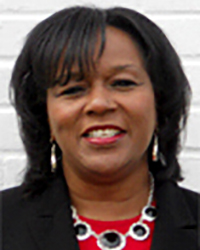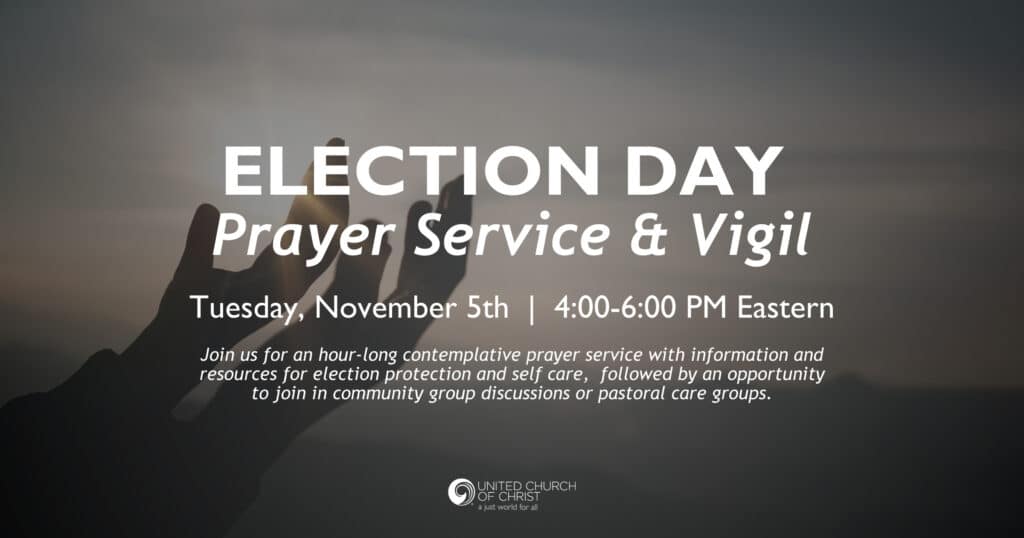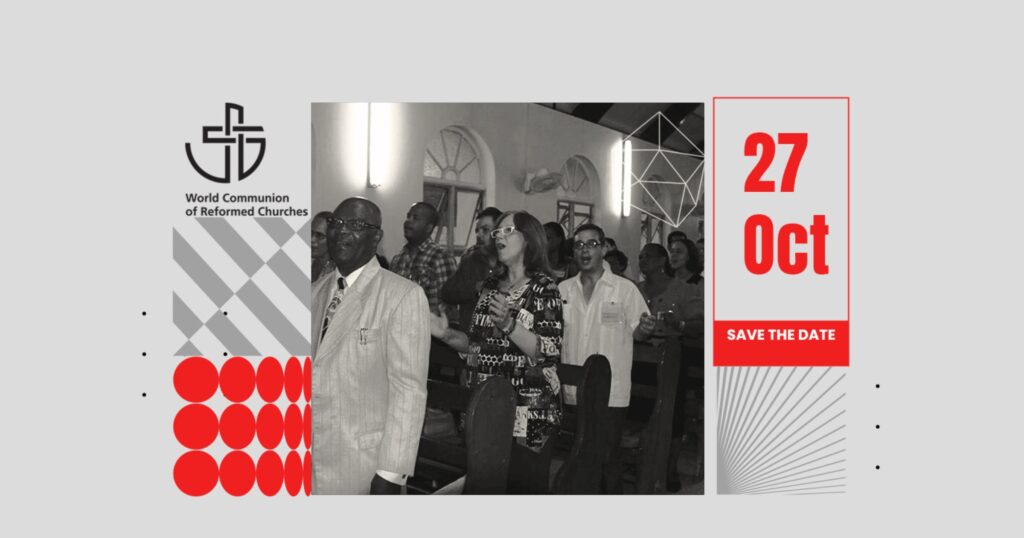Commentary: A Heart to Serve
 Lori, a 41-year-old African-American mother of two, had completed a successful but stressful business trip. As she arrived home, she realized that she had driven 45 minutes from the airport, stopped to pick up her young sons from her mother’s, and was feeling more tired than usual. Her initial departing flight home had been late. She had to run through the airport to make the connecting flight. Still, Lori was already thinking about tomorrow night’s community meeting about voter education. Thinking ahead about the weekend, Lori was wondering how many layers of warm clothing she would need to wear during the annual march for justice at the state capital. She began calculating the amount of time she needed to leave home to make the hour-long drive to the march’s gathering site, while also pondering where she needed to park her car. Lori had a heart for justice.
Lori, a 41-year-old African-American mother of two, had completed a successful but stressful business trip. As she arrived home, she realized that she had driven 45 minutes from the airport, stopped to pick up her young sons from her mother’s, and was feeling more tired than usual. Her initial departing flight home had been late. She had to run through the airport to make the connecting flight. Still, Lori was already thinking about tomorrow night’s community meeting about voter education. Thinking ahead about the weekend, Lori was wondering how many layers of warm clothing she would need to wear during the annual march for justice at the state capital. She began calculating the amount of time she needed to leave home to make the hour-long drive to the march’s gathering site, while also pondering where she needed to park her car. Lori had a heart for justice.
Yet there it was again, a sharp pain in her back. “It’s probably from pulling overstuffed luggage,” Lori thought. She had felt a little nausea on the plane — “I just need some fresh air,” she tried to reassure herself. But when Lori woke up in the emergency room at the local hospital of her town, she knew she was in trouble. Lori had a bad habit of postponing her annual doctor appointments. She was unaware of her health challenges. Her doctor informed her that she had cardiovascular disease and that she had just suffered a heart attack. As active as Lori had been — building her career, taking care of her family, supporting her community, and fighting for justice — she had neglected to take care of herself and her heart. She did not know a silent killer was on the loose inside of her own body.
Lori was blessed to survive this major health crisis. “Every day, 2,200 Americans die from cardiovascular disease — that’s nearly one in every three deaths” (Center for Disease Control and Prevention, CDC 24/7: Saving Lives, Protecting People). While anyone can be at risk for heart disease and stroke, almost half of all African-American adults have some form of cardiovascular disease that can lead to heart attack, stroke, heart failure, coronary artery disease, and/or other serious conditions. Major risk factors include genetics, high blood pressure, high cholesterol, diabetes, obesity, smoking, and lack of exercise. African Americans have the highest rate of death from heart disease and stroke than any other racial or ethnic group in this country.
Like Lori, many of us work hard in our jobs, with our families, and in our communities. Many of us lift up our voices, walking the paths to make sure that the call for justice is answered. However, we often neglect to combat the adversary that has the greatest potential to silence our voices, tie our hands and still our steps forever — heart disease. It is imperative that we take our health seriously. We must visit with our doctors, exercise our bodies, eat healthily, and work within our communities to stop the threat caused by cardiovascular disease. We must recognize that poor health can lead to diminished productivity in the workplace, more health challenges, and yes, even death! Heart disease is too high a cost to pay. In many communities, the quest for justice is long; it takes a toll. While it is important to honor one’s a heart to serve, we must also try to keep ourselves healthy so that we can remain in the struggle until the end.
Vivian M. Lucas is Team Leader and Director of the Franklinton Center at Bricks
View this and other columns on the UCC’s Witness for Justice page.
Donate to support Justice and Witness Ministries.
Click here to download the bulletin insert.
Related News
UCC to offer Election Day Prayer Service and Vigil
On Election Day, Nov. 5, join the Rev. Karen Georgia A. Thompson together with United Church...
Read MoreGoing beyond the blessing: Churches emulate St. Francis’ care for animals
https://www.youtube.com/watch?v=lu3LYwhLxCo UCC News presents a video news story on the...
Read MoreUCC leaders invite all to global celebration of Reformation Sunday
This Reformation Sunday, leaders from the United Church of Christ will participate in a global...
Read More


